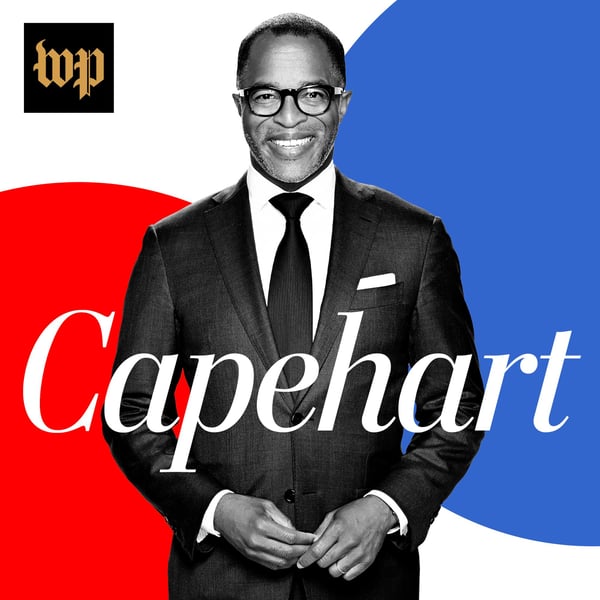Mayor Levar Stoney on preserving history while tearing down Confederate statues
Capehart
The Washington Post
4.6 • 1.4K Ratings
🗓️ 23 February 2023
⏱️ 29 minutes
🧾️ Download transcript
Summary
Transcript
Click on a timestamp to play from that location
| 0:00.0 | I'm Jonathan K. Parton, welcome to K-Part. During the Black Lives Matter protests of 2020, |
| 0:06.8 | the first term black mayor of Richmond, Virginia, ordered the removal of the city's Confederate |
| 0:12.0 | statues, a move the Washington Post editorial board called a model for other jurisdictions |
| 0:17.8 | struggling to balance racial justice with historical preservation. You'd think such a |
| 0:23.4 | move in a former capital of the Confederacy would hurt that mayor, who was up for reelection |
| 0:29.0 | that same year. Nope. Mayor Lavar Stoney won re-election by a comfortable margin, so I couldn't |
| 0:36.7 | help but ask why take on that fight. I've always been the sort of leader, Jonathan, that thought, |
| 0:42.7 | you know what, elections be damned, let's do what's right. I'd rather take the action and pay |
| 0:48.2 | the consequences in doing what's right instead of doing nothing at all. In this conversation, |
| 0:53.3 | first recorded for Washington Post Live on February 15th, Mayor Stoney also talks about efforts |
| 0:59.1 | around the country, including in Virginia, to whitewash American history. Reflecting on the protests |
| 1:08.3 | in your city in response to the murder of George Floyd, you wrote in the New York Times, |
| 1:13.3 | quote, there are two epidemics in America, COVID-19 and racism. Since that time, Richmond has |
| 1:19.8 | removed all of its Confederate statues. Why was it important to you to confront this history |
| 1:27.6 | in this way? Well, you know, I think Richmond has always been known as the capital of the Confederacy, |
| 1:36.8 | and I wanted to take Richmond in a different direction. I always worried about what was going to |
| 1:43.1 | happen after the comma, right? Richmond, Virginia, comma, what else? And I think during my 10 |
| 1:49.2 | years, Mayor, we get to write what the future, what that chapter is all about. And for a long time in |
| 1:56.0 | Richmond, our past has sort of been leading our present, and now I think for us, our present is |
| 2:04.4 | leading our future. And so, confronting this is always difficult because, as you know, |
| 2:11.2 | people say they love history, but what they really love, I think, is nostalgia. Things that, |
| 2:17.6 | you know, what we think history was, but history at times can be an indictment. And when I |
... |
Transcript will be available on the free plan in -739 days. Upgrade to see the full transcript now.
Disclaimer: The podcast and artwork embedded on this page are from The Washington Post, and are the property of its owner and not affiliated with or endorsed by Tapesearch.
Generated transcripts are the property of The Washington Post and are distributed freely under the Fair Use doctrine. Transcripts generated by Tapesearch are not guaranteed to be accurate.
Copyright © Tapesearch 2025.

